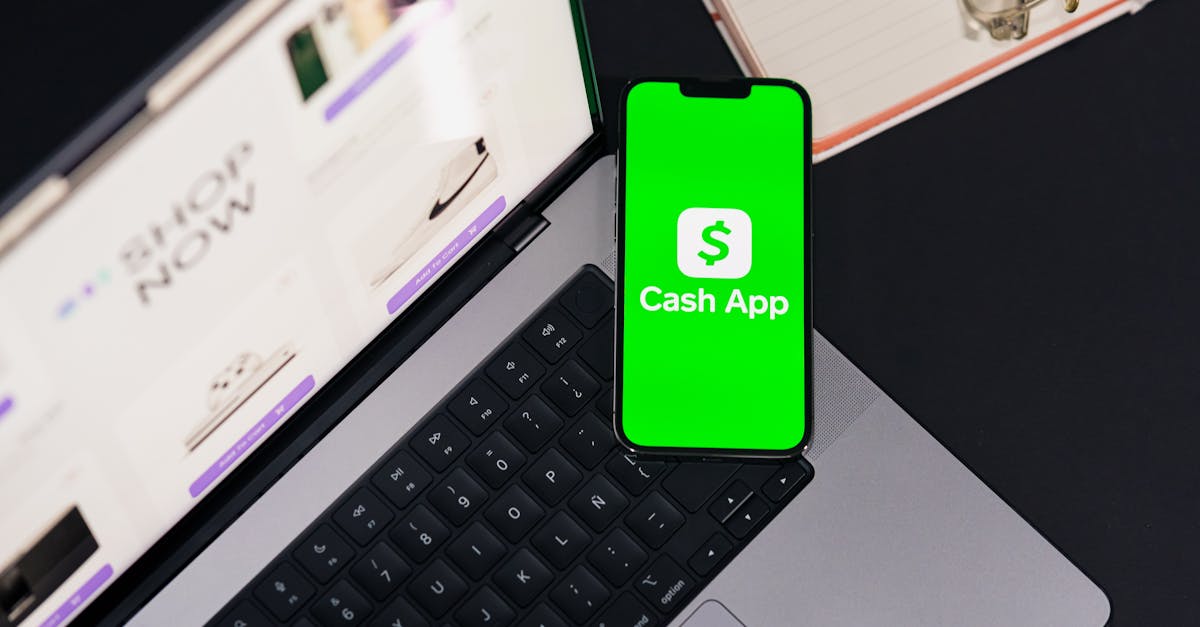Mastering Money Saving in 2025
Introduction
Saving money is more vital than ever as we step into 2025. The economic landscape is constantly evolving, bringing with it both challenges and opportunities. Whether you're trying to increase your savings for a future goal, reduce debts, or simply get more financial freedom, savvy money management has never been more crucial. In this article, we'll explore various innovative and practical money-saving tips that are tailored for the modern digital age. From leveraging technology to adopting eco-friendly habits, we'll guide you through some smart strategies that can help bolster your fiscal health. Let's dive into these tips and ensure you're on the path to financial security.
Advertisement
Embrace a Digital Budgeting App
With the advent of technology, budgeting has become more streamlined. Digital budgeting apps like YNAB (You Need a Budget), Mint, or PocketGuard allow users to track expenses, set financial goals, and receive insights into their spending habits. Using such tools can help you pinpoint areas where you might be overspending, thus helping you to adjust accordingly. These apps can offer reminders for bill payments, eliminating late fees which are unnecessary expenses. Additionally, many apps offer forecast features, projecting future budgets based on current spending data. This proactive approach ensures you always remain one step ahead.

Julio Lopez/Pexels
Advertisement
Automation for Consistent Savings
One of the simplest yet effective ways to save money consistently is by setting up automatic transfers to a savings account. Each month, as soon as your paycheck hits, a pre-determined amount can be automatically transferred to your savings. This automated strategy makes saving a priority, rather than an afterthought. Furthermore, as you adjust to living on a slightly reduced budget due to these savings, your financial discipline enhances naturally. You might even consider directing funds towards different savings categories, such as an emergency fund, vacation fund, or a future investment pot.
Advertisement
Energy Efficiency as a Lifestyle
Energy-efficient practices save money and are better for the environment. Switching to LED lighting, optimizing energy usage through smart thermostats, and sealing drafts in homes can significantly lower electricity bills. Consider investing in energy-efficient appliances, which although might seem costly initially, save significant amounts over time. You can also explore incentives or rebates from programs encouraging energy efficiency. Reducing your household’s energy footprint not only helps you save money but also contributes to a more sustainable future.
Advertisement
Second-hand Isn’t Second Best
In an era where sustainability is key, second-hand shopping has become a trendy and economical choice. Sites like eBay, Craigslist, or local thrift shops offer great deals on clothing, furniture, and electronics. Buying used or refurbished items can save significant money, often offering high-quality products at a fraction of the cost of new items. Swapping clothes with friends or family is another way to keep wardrobes fresh without spending a penny. Before buying anything new, checking second-hand options can prove both budget-friendly and resource-conscious.
Advertisement
Cooking at Home
Dining out frequently can quickly drain financial resources, especially with rising food costs. Embracing homemade meals not only saves money but can be a healthier choice too. Planning meals ahead and grocery shopping with a list can prevent unnecessary purchases and reduce food waste. Online platforms are teeming with easy, budget-friendly recipes. Learning to cook can be a fun hobby, bringing not only financial savings but also satisfying culinary results. Preparing meals at home boosts creativity in the kitchen and ensures you're in control of what goes into your food.
Advertisement
Debt Reduction Strategically
Debt can often feel like a financial quagmire, stifling your saving potential. Begin tackling smaller debts first to build momentum, known as the debt snowball method. Alternatively, focus on high-interest debts, known as the avalanche method—both strategies can effectively reduce financial burdens. It's essential to re-evaluate, negotiate, or consolidate loans if possible. By minimizing high-interest accounts, more funds can be directed towards savings. The psychological and financial relief post-debt is immeasurable, freeing more resources for future investments.
Advertisement
Mindful Subscription Management
In the modern age, subscription services are a double-edged sword. While they offer convenience, they can pile up into significant expenses. Conduct a periodic audit of all subscriptions, from streaming services to magazines, and eliminate those that are not in regular use. Opt for bundle deals or family plans to save money. Additionally, scrutinize free trial offers closely to ensure they don't become unintended monthly expenses. Streamlining subscriptions can sometimes offer the same convenience at a much lower cost.
Advertisement
Leverage Technology for Discounts
The digital age provides several platforms and tools designed to enhance savings. Apps like Honey or Rakuten automatically find and apply discount codes at checkout, often saving users substantial amounts annually. Cashback apps can offer money back on everyday purchases. Following brands on social media or subscribing to newsletters can sometimes yield exclusive discount codes or deals. Embracing these tech tools ensures you’re not missing out on savings every time you shop online.
Advertisement
Conclusion
2025 presents a myriad of ways to save effectively without compromising lifestyle quality. Embracing technology, adjusting daily habits, and making intentional choices can all contribute to substantial financial savings. From budgeting apps to energy-efficient practices, each step taken to be mindful of spending can lead to significant benefits. As you integrate these strategies into your daily life, you'll pave the way toward greater financial security and flexibility. The new year can mark the start of improved fiscal habits that secure long-term prosperity.
Advertisement


